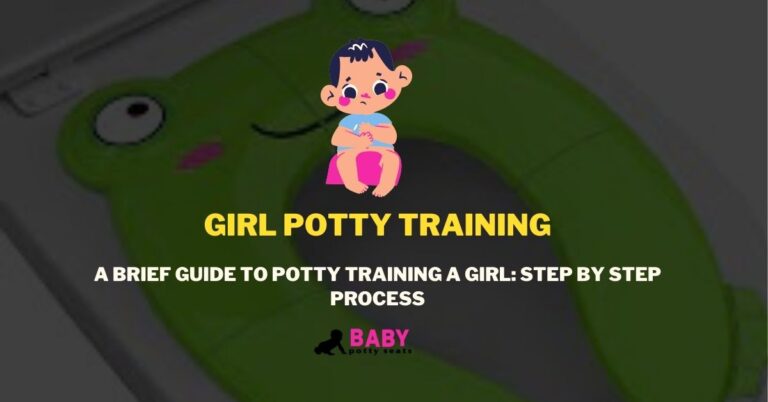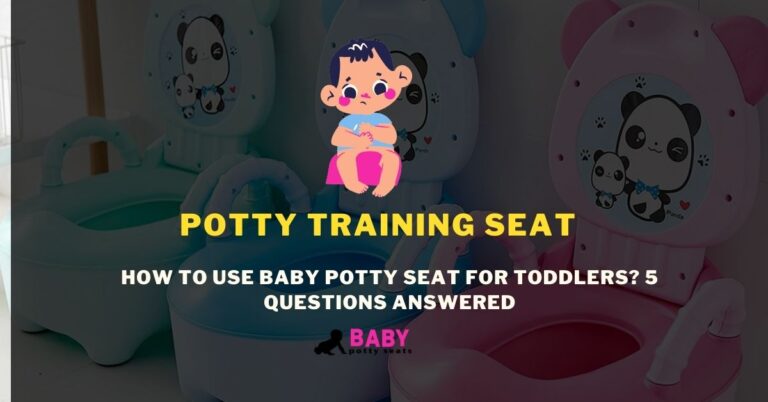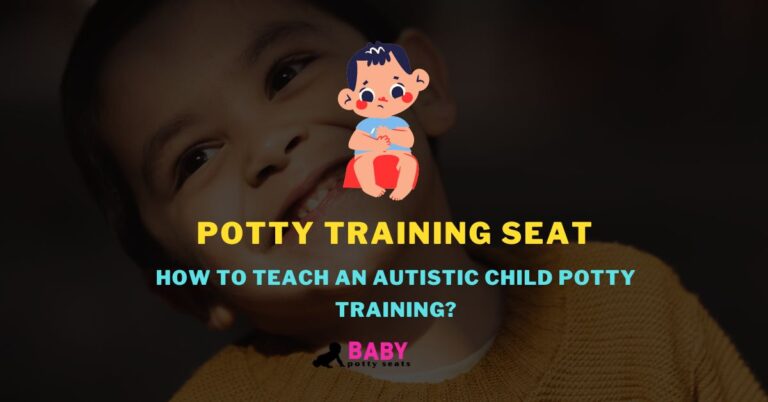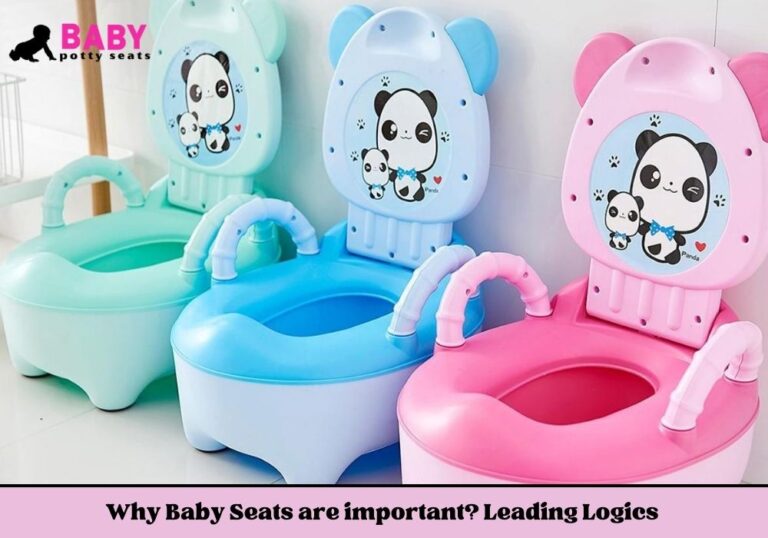When your child is not potty trained at the time then most parents think what happens if we never potty train a child.
A child reaches a major developmental milestone when they are able to use the toilet on their own, moving from wearing diapers.
Potty training is a necessary process that takes time and effort for both parents and children, but it should not be taken lightly.
Let’s examine the complications of skipping or postponing this crucial developmental task, as well as what happens to a child who never learns to use the potty.
Understanding the Importance of Potty Training
Developmental Milestone
Teaching a child to use the toilet is only one aspect of potty training; it’s also an important developmental milestone that shows how independent and self-aware they are becoming.
Acquiring this ability gives kids the ability to take charge of their health and builds their confidence and sense of independence.
Hygiene and Health
Potty training is essential for promoting good hygiene and preventing health problems like diaper rash and urinary tract infections, in addition to its developmental benefits.
Establishing good bathroom habits in kids at a young age lays the groundwork for lifetime hygiene habits.
Consequences of Not Potty Training
Delayed Development
A child’s capacity to adjust to more developmentally appropriate activities and settings, like preschool or daycare, may be hampered by not potty training them.
Enrollment in childcare facilities frequently requires potty training, and children who are never potty trained may lose out on meaningful socialization opportunities.
Hygiene Issues
Children who aren’t potty trained may end up using diapers or having accidents, which can lead to hygienic problems like skin irritation and discomfort.
Using diapers for longer than is appropriate can also have adverse effects on a child’s social interactions and self-esteem, particularly as the child gets older and more conscious of the toilet habits of their peers.
Emotional and Social Impacts
Children who are unable to use the restroom on their own may experience emotional distress, including feelings of embarrassment, frustration, and shame.
This may have an impact on their social interactions and sense of self, which could have long-term psychological repercussions.
Potential Challenges for Parents
Increased Stress and Frustration
Potty training parents may encounter increased stress and frustration, especially if they encounter resistance or setbacks from their child.
Feelings of guilt and inadequacy can be made worse by the pressure to potty train by the deadline and by society’s expectations.
Financial Costs
Families may find it extremely expensive to continuously use diapers and other toileting supplies, especially if potty training is put off or takes a long time. Long-term diaper purchases can put a strain on household finances and reduce funds available for other necessities.
Strategies for Successful Potty Training
Patience and Consistency
Potty training requires persistence, positive reinforcement, and patience to be successful.
Provide your child with a nurturing environment, acknowledge their efforts, and rejoice in their little accomplishments along the way.
Positive Reinforcement
To encourage your child and reinforce desired behaviors, use incentives and rewards.
Positive reinforcement, in the form of stickers, tiny toys, or verbal compliments, can motivate kids to use the restroom on their own.
Seeking Professional Help if Needed
Do not be afraid to ask pediatricians, child psychologists, or potty training specialists for assistance if you are having difficulties training your child to use the potty or are facing seemingly insurmountable obstacles.
They can provide direction, encouragement, and customized tactics to meet the unique requirements of your child.
Addressing Common Concerns
Late Start in Potty Training
Even if your child is older than the average age range, it is never too late to begin potty training them.
Regardless of age or developmental stage, the majority of kids can learn to use the toilet on their own with encouragement, consistency, and patience.
Regression in Potty Training
Potty training setbacks or regressions are common in children, especially during stressful or transitional periods. Remain calm, encouraging, and reassuring while your child overcomes these obstacles.
Related Article: What Do A Toddler Wear When Potty Training? Best Wear
Conclusion
A child’s ability to use the potty is a significant developmental milestone that has a lasting impact on their social, emotional, and physical health.
Disregarding or postponing potty training can have detrimental consequences on a child’s growth and well-being, affecting their self-esteem, personal hygiene, and social engagements.
Parents can facilitate their child’s transition from diapers to the toilet and support their child’s journey toward independence by emphasizing patience, consistency, and positive reinforcement.
FAQs
Q: At what age should I start potty training my child?
While the timing varies for each child, most children show readiness signs between 18 months and 3 years of age.
Q :What if my child refuses to use the toilet?
Stay patient and supportive, and avoid pressuring or forcing your child to use the toilet. Offer encouragement, praise their efforts, and seek advice from pediatricians or potty training experts if needed.
Q: Is it normal for my child to regress in potty training?
Yes, regression is common and can occur due to factors such as stress, illness, or major life changes. Stay patient and supportive, and provide reassurance as your child navigates this phase.
Q: How long does potty training typically take?
Potty training can vary in duration depending on the child’s readiness and individual progress. It may take weeks or even months for some children to fully master toilet training.
Q: What if my child shows no interest in potty training?
Encourage your child gently and offer positive reinforcement for any attempts or successes. If your child continues to resist or shows signs of underlying issues, consult with pediatricians or specialists for guidance and support.








